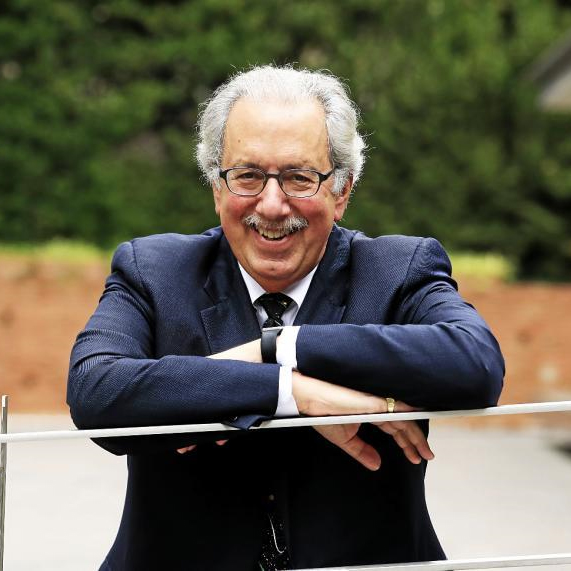
Invited Paper: The Science of Effective Coaching
Prof Richard E. Boyatzis
Great coaches move us. They move us through a basic human process-
our emotions. The effective coaches establish a deep emotional connection with others called resonance. They are literally, in tune with others around them. They create and nurture these resonant relationships through mindfulness, hope, compassion, and playfulness. In coaching, the combined effect of vision based coaching and resonant relationships with the client results in dramatically more effective coaching experiences.
Unfortunately, most coaches are too focused on problems and specific remedial goals and lose their effectiveness over time. Because of the cumulative effect of the damage from chronic stress and a preoccupation with problems and measurement. This pattern activates neural networks that are useful in problem solving but suppress neural networks needed for being open to new ideas, people and moral concerns. To be effective and sustainable in coaching, a person must develop facility with both major neural networks and develop techniques to reverse the effects of stress and revive themselves, neurologically, hormonally, and emotionally. These renewal experiences help a person become more cognitive, perceptually and emotionally open, innovate and learn, and motivate others to learn, develop, and innovate – which is the ultimate purpose of coaching.
Based on decades of his own and colleague’s research into emotional intelligence competencies and coaching, including dozens of longitudinal studies as well as hormonal and neuroimaging studies, Professor Richard Boyatzis will lead the audience through examples of what effective coaching feels like, as well as understanding the neural processes that foster or inhibit it.
This session will address the following:
- A process for developing sustainable improvement on EI, resonant relationships and the central role of compassion in it.
- Understanding the psycho-physiological role of the Positive Emotional Attractor and
the Negative Emotional Attractor in motivating change or encouraging the status
quo regression. - Perceiving how coaching with compassion is effective in helping people change in
sustainable ways, but coaching for compliance is not. And why it is crucial to the
sustainability of the leader (i.e., the coach) as well. - Understanding the neural activations involved in these two forms of coaching and why
one prepares a person to consider change and learning and the other closes their
minds. - How to coach others to develop EI, resonant leadership, and to sustainably change.
Richard E. Boyatzis is Distinguished University Professor of Case Western Reserve University, Professor in the Departments of Organizational Behavior, Psychology, and Cognitive Science, HR Horvitz Professor of Family Business, and Adjunct Professor in People/Organizations at ESADE. He has a BS in Aeronautics and Astronautics from MIT, a MS and Ph.D. in Social Psychology from Harvard University. Using his Intentional Change Theory (ICT), he has been researching helping and coaching since 1967. His Coursera MOOCs on leadership, EI and coaching have over a million enrolled from 215 countries. He is the author of more than 200 articles and 9 books on leadership, competencies, emotional intelligence, competency development, coaching, neuroscience and management education. His books include the international best-seller, Primal Leadership (with Daniel Goleman and Annie McKee) and Helping People Change: Coaching with Compassion or Lifelong Learning and Growth (with Melvin Smith and Ellen Van Oosten).